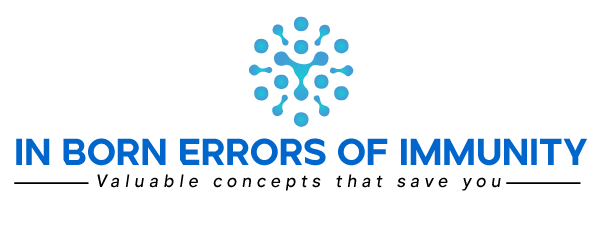In an era where digital surveillance and data privacy are increasingly pressing concerns, the dark web has emerged as a crucial defender of online rights, offering a sanctuary for those seeking to protect their digital freedom. While the dark web is often associated with illicit activities, its role in safeguarding online rights cannot be overlooked. By providing an anonymous and untraceable platform, the dark web enables individuals to communicate freely without fear of government censorship or corporate oversight. At its core, the dark web is a part of the internet that is not indexed by traditional search engines and requires specific software, like Tor the Onion Router, to access. This anonymity is crucial for various groups and individuals, particularly those living under oppressive regimes. In authoritarian countries where freedom of speech is stifled and dissent is met with severe repercussions, the dark web allows activists, journalists, and whistleblowers to share information and organize without revealing their identities.
For instance, in countries where critical reporting can lead to arrest or persecution, journalists can use the dark web to protect their sources and communicate securely. This not only helps in disseminating information but also in protecting the individuals who risk their lives to bring the truth to light. Moreover, the dark web provides a space for marginalized communities and individuals to express themselves freely. For many who face discrimination or persecution, whether due to their political beliefs, or religious views, the dark web can be a rare haven where they can interact with like-minded people and engage in open discussions without the risk of retaliation. This aspect of the dark web fosters a sense of solidarity and support among people who might otherwise be isolated. However, the dark web’s contribution to digital freedom extends beyond mere anonymity. It also supports the development of tools and technologies that enhance online security and privacy.
For example, the use of encryption on the hidden wiki dark web has influenced broader internet practices, encouraging the adoption of secure communication methods that protect users from prying eyes. The emphasis on privacy within the dark web community has driven advancements in cryptographic technologies, which are now used to safeguard personal information across the internet. Despite its controversial reputation, the dark web’s role in defending digital freedom is significant. It provides a critical counterbalance to the increasing encroachments on privacy and freedom of expression that characterize the modern digital landscape. By maintaining anonymity and offering secure channels for communication, the dark web ensures that voices from the fringes, as well as those from the front lines of resistance, are not silenced by fear of retribution or surveillance. In this way, the dark web stands as a testament to the enduring value of privacy and freedom in the digital age, proving that even in the shadows of the internet, the fight for fundamental rights and freedoms continues unabated.
